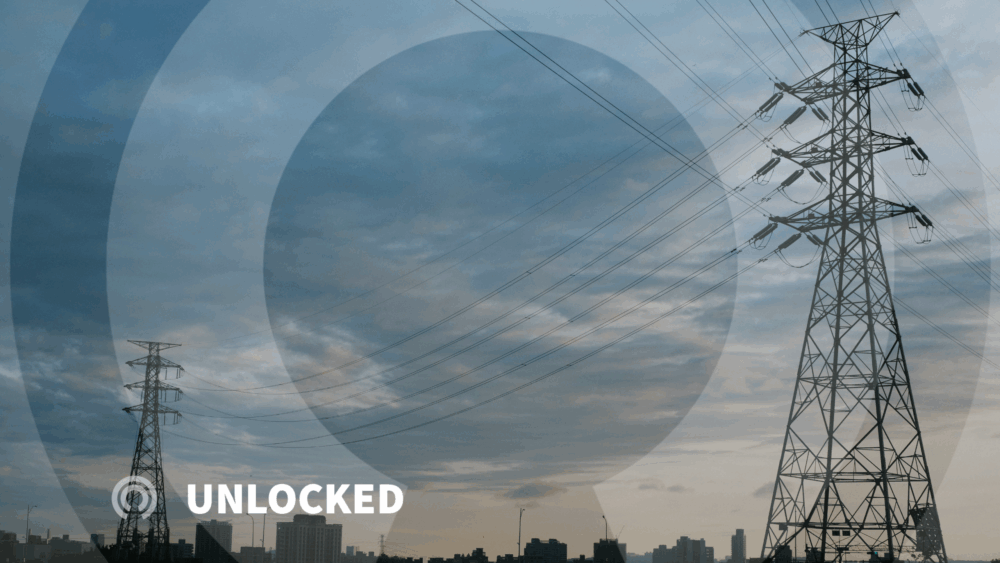
Videos
Regulating Social Media: America’s Global Communications Dilemma
Reports & Papers

A paper by Yavuz Baydar, Joan Shorenstein Fellow (Fall 2014), and columnist, blogger, and co-founder of the Platform for Independent Journalism (P24), examines current threats to freedom of the press in Turkey.
Although imprisonment of journalists has declined in Turkey, 2014 saw a dramatic rise in firings and self-imposed censorship in newsrooms under the Justice and Development Party (AKP) government. Baydar argues that as Turkey’s media outlets become compromised, citizens are being deprived of crucial information about government corruption – threatening Turkey’s emerging democracy. This paper includes recommendations for the Turkish government, journalists, and the international community, and extensive appendices documenting government oppression of the media.
The year 2014 will go down as the annus horribilis of Turkish journalism. It began in the wake of two police operations in the last days of December 2013, massive graft probes into the affairs of four ministers of the majority Justice and Development Party (AKP) government. Those touched by the scandals included a number of businessmen with close connections to the government, bureaucrats and bank managers, but also Bilal Erdoğan, the son of then-prime minister Recep Tayyip Erdoğan. Of even greater concern is that the investigations appeared to suggest that senior government figures were engaged in sanctions-busting against Iran, and that these senior figures had links to financiers who laundered funds for al Qaeda.
The files compiled by law enforcement and prosecutors were a burning fuse: They claimed to expose a vast network of organized crime, with evidence of bribery, abuse of power and widespread corruption at the very highest echelons of power.
Corruption of the nation’s media was at the very heart of these allegations. A critical part of the probe – backed by legal wiretappings – concerned consortia to co-finance media entirely in favor of the AKP government. This joint effort, in which businessmen benefitting from government contracts paid into a common slush-fund, gave rise to the term “pool media.”
The appendices to this study go into great detail in presenting chapter and verse documentation of how the Turkish media has fallen into the malaise of self-censorship and complicity with government interference. In that sense they are germane to this introductory essay, which tries to establish the background of why this has happened. It describes the traumatic background of the situation and how a crippled media now face a historic test.
This is no less a matter than of restoring credibility to institutions that have been subjected to years of political pressure and which have worked to undermine their own public interest function.

Videos

Videos

Explainers, Podcasts, Videos